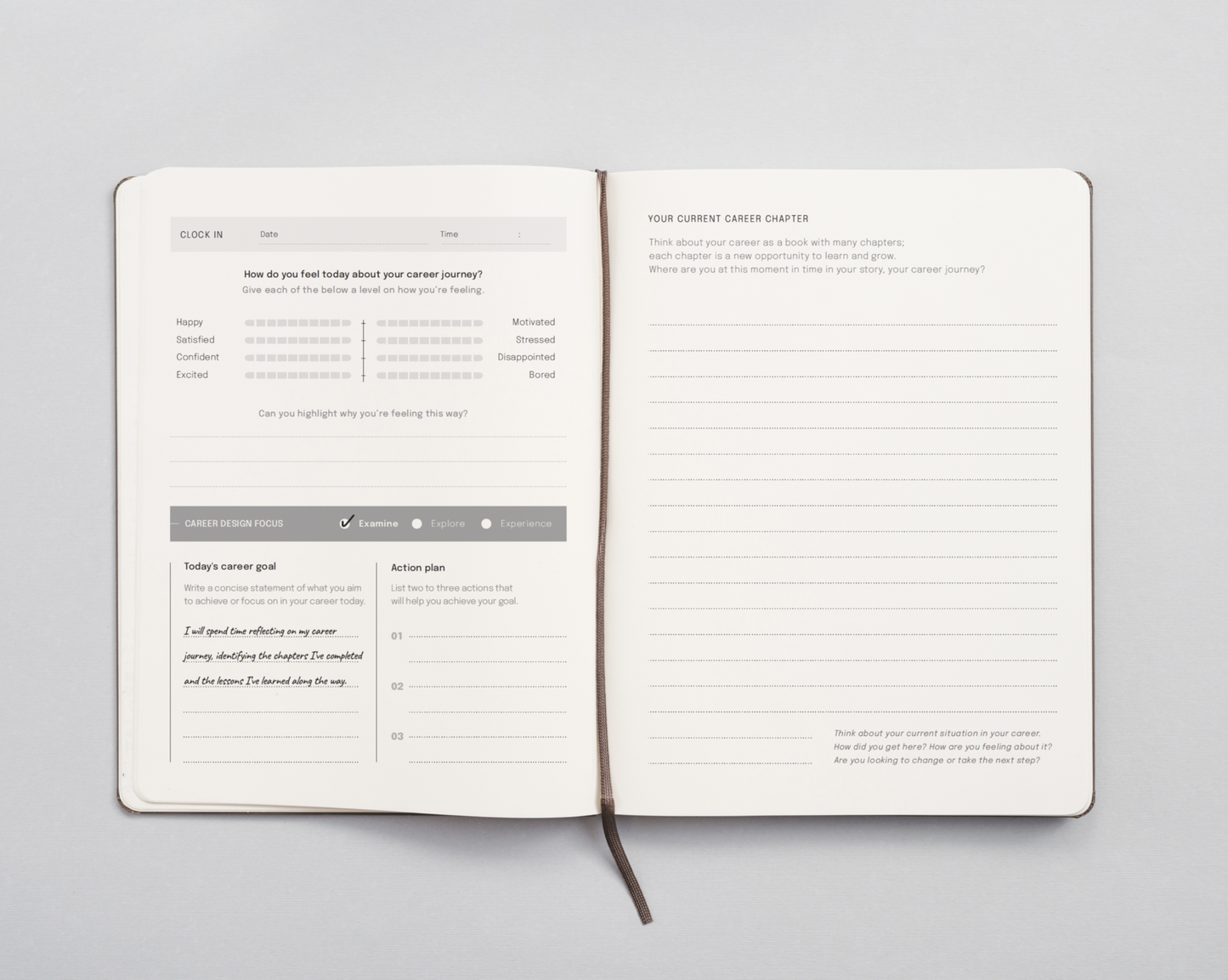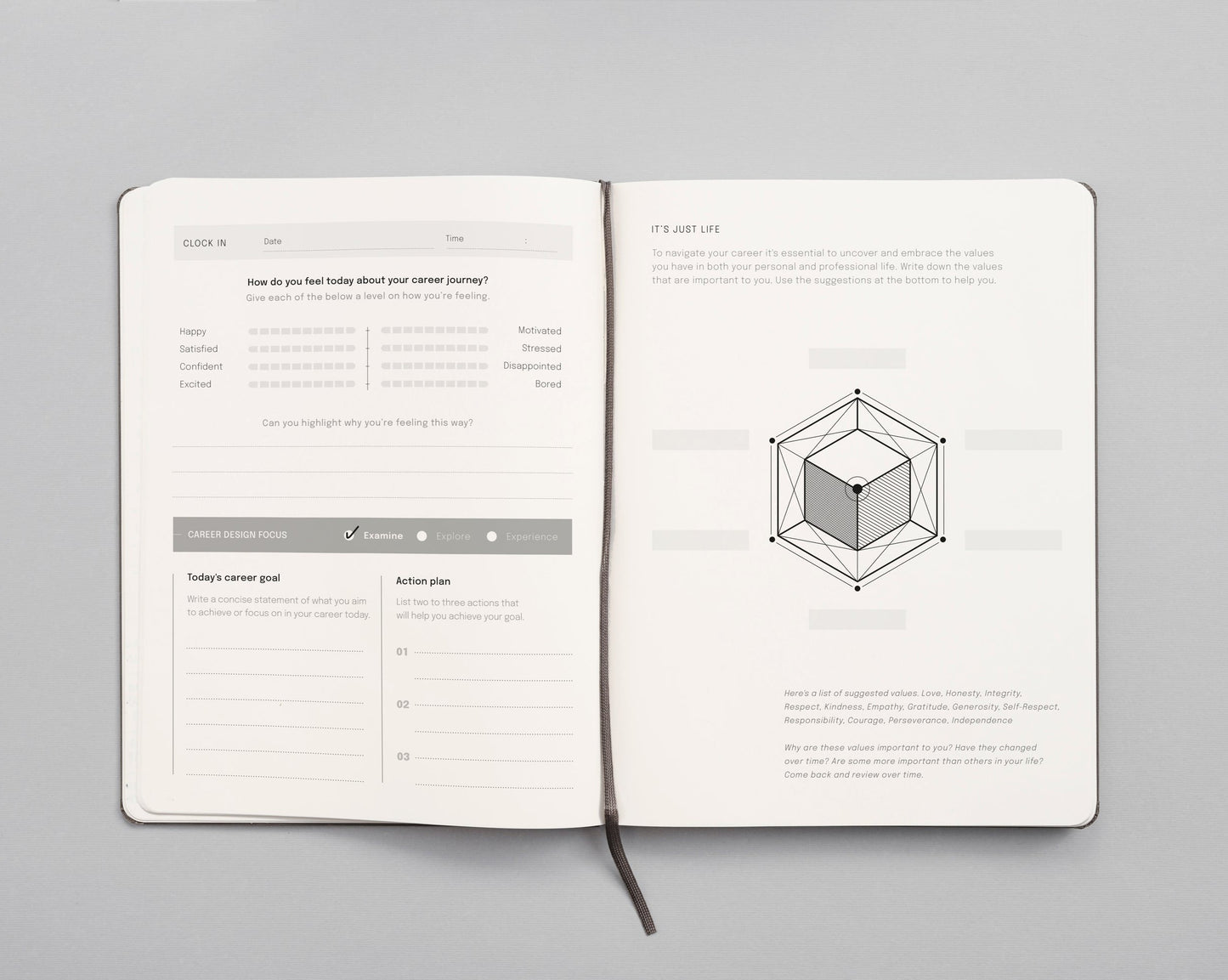LinkedIn co-founder Reid Hoffman has made a bold prediction: the traditional 9-to-5 job will be obsolete by 2034. This assertion, backed by his track record of accurate predictions in technology, has sparked widespread discussion and speculation about the future of work. In this blog post, we'll delve into Hoffman's prediction, explore the driving forces behind it, and consider the potential implications for individuals and businesses.
Hoffman's Prediction: A Gig Economy and AI-Powered Future
Hoffman envisions a future where the gig economy and artificial intelligence (AI) will disrupt the traditional full-time job model. He believes that individuals will increasingly work on a project-by-project basis, taking on multiple gigs simultaneously. AI, meanwhile, will automate many tasks, reducing the need for human labor in certain roles.
Key Factors Driving the Shift
Several factors are contributing to this shift away from the 9-to-5:
- Rise of the Gig Economy: Platforms like Uber, Lyft, and TaskRabbit have made it easier for individuals to find freelance work and set their own schedules.
- Advancements in AI: AI technologies are becoming more sophisticated, capable of performing tasks traditionally done by humans.
- Changing Workforce Expectations: Younger generations are increasingly seeking flexibility and work-life balance, making the traditional 9-to-5 less appealing.
Implications for Individuals and Businesses
Hoffman's prediction has significant implications for both individuals and businesses:
- Increased Flexibility: For individuals, the rise of the gig economy offers greater flexibility and control over their work schedules. However, it also comes with increased job insecurity.
- New Skills and Adaptability: As AI automates certain tasks, individuals will need to develop new skills and adapt to a changing job market.
- Business Model Innovation: Businesses will need to adapt their operations to thrive in a gig-economy-driven world, potentially exploring new business models and leveraging AI to improve efficiency.
While Hoffman's prediction may seem radical, it's important to acknowledge the ongoing transformation of the workforce. The rise of the gig economy and advancements in AI are reshaping the way we work. As individuals and businesses prepare for this future, it's essential to stay informed, develop new skills, and embrace the opportunities and challenges that lie ahead.
Building Positive Career Habits for a Future-Proof Career
As the traditional 9-to-5 job model evolves, it's crucial to develop career habits that will equip you for success in the future. Here are some key habits to cultivate:
1. Embrace Lifelong Learning:
- Stay curious and continuously seek out new knowledge and skills.
- Take online courses, attend workshops, or read industry publications.
- Be open to learning from others, even if they have different backgrounds or experiences.
2. Cultivate Adaptability:
- Be prepared to adapt to change and embrace new technologies.
- Develop a growth mindset and view challenges as opportunities for learning and growth.
- Practice flexibility and be open to trying new things.
3. Build a Strong Network:
- Network with professionals in your industry and beyond.
- Attend industry events, join online communities, and leverage social media to connect with others.
- Nurture your relationships and offer value to your network.
4. Develop a Personal Brand:
- Clearly articulate your skills, experience, and unique value proposition.
- Create a professional online presence through your resume, LinkedIn profile, and personal website.
- Actively promote your brand and build your reputation.
5. Prioritise Work-Life Balance:
- Take care of your physical and mental health to maintain productivity and well-being.
- Set boundaries and manage your time effectively.
- Find activities outside of work that bring you joy and fulfilment.
By developing these positive career habits, you'll be well-prepared to navigate the changing landscape of work and thrive in the future. Remember, the key to success is not just about acquiring skills but also about cultivating a mindset that is adaptable, resilient, and driven by continuous growth.








